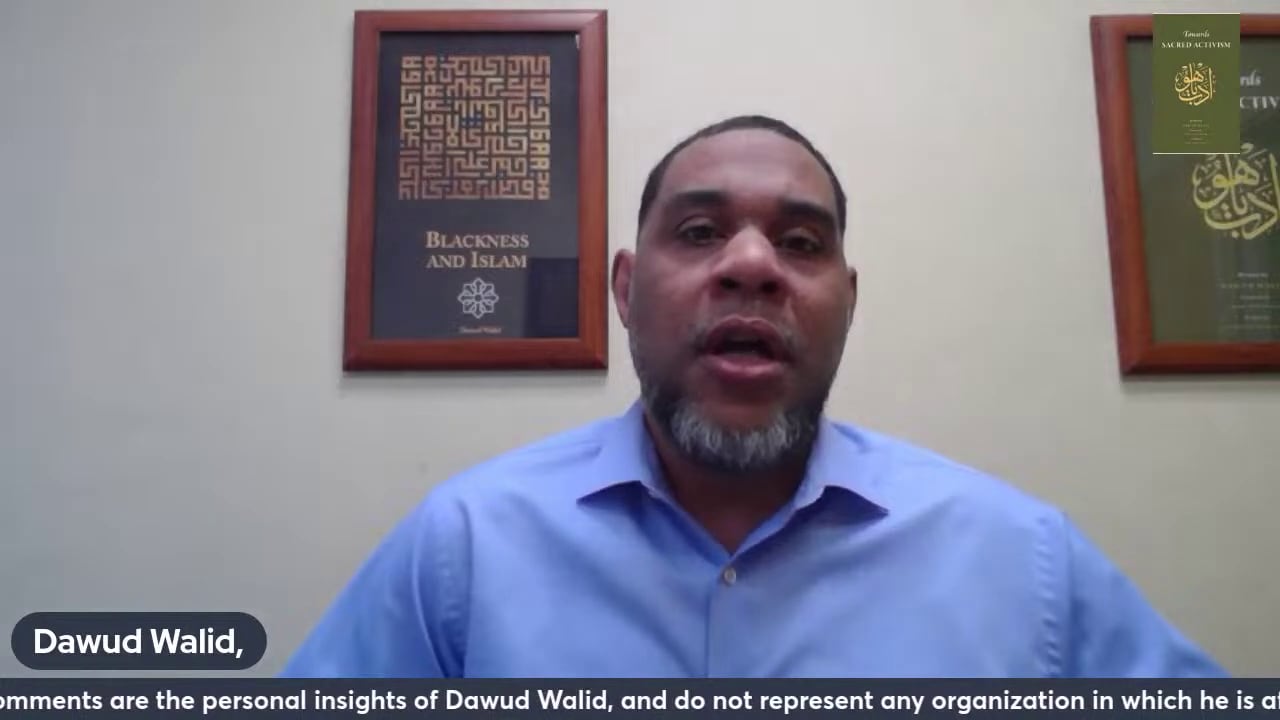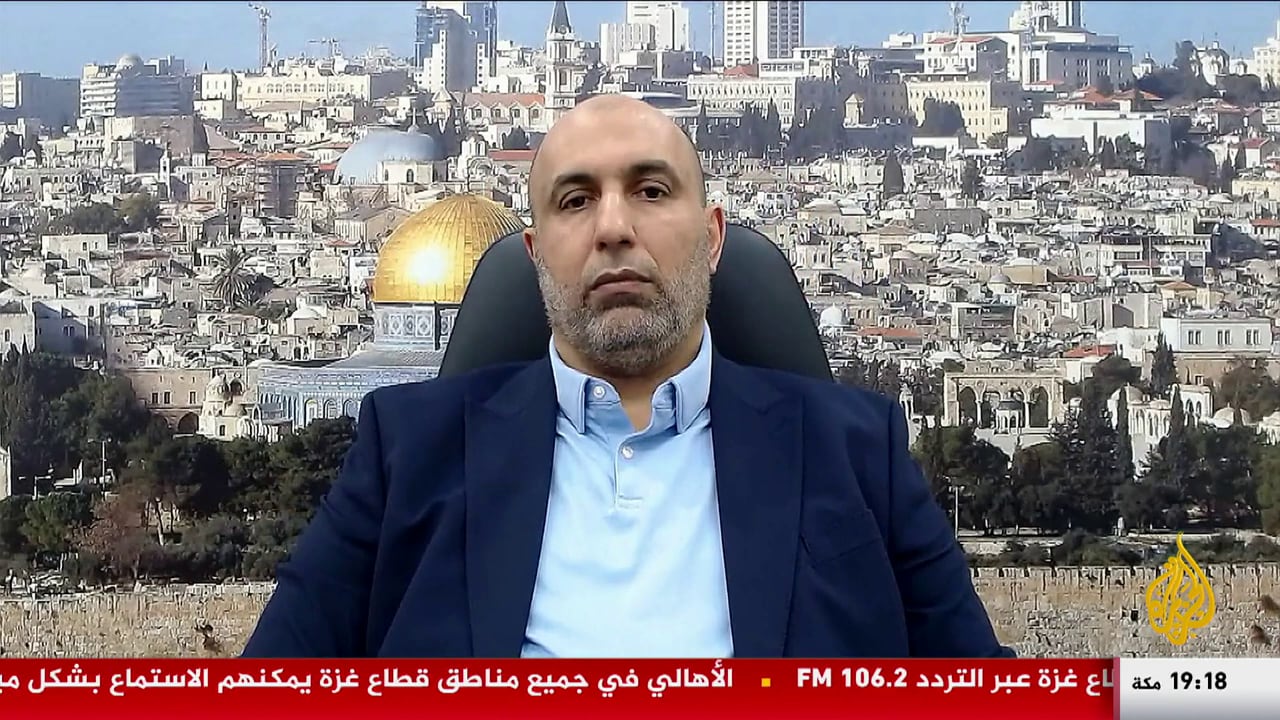
In a recent TV interview, Tahani Abu Jazar, lecturer on Islamic law at the Islamic University in Gaza, defended the status of women in Islam, saying: "The woman does not have the same needs as the man." The man, she said, "uses the left hemisphere of the brain," whereas the woman "uses both parts of her brain." According to Abu Jazar, "this proves that the testimony of a man equals that of two women." The interview aired on the Hamas-owned Al-Aqsa TV channel on March 8, 2015 to mark International Woman's Day.
Following are excerpts:
Tahani Abu Jazar: The Christians and the philosophers say that [the woman] is not a creature with a soul. Look what level they have reached… In Western countries, as soon as a woman reaches the age of 16, she moves out and the ties with her family are severed. Moreover, if she gets married, she loses her father's name, and she is linked to her husband. The religion of Islam, however, elevates the status of women, and guides them to the sound path that Allah wants for them.
Interviewer: Let me ask you about the issue of equality. Some Western countries try to distort Islam in this regard, [saying that] in Islam, the woman is not like the man, that the man gets the lion's share in every field, and that the woman does not have the same rights as the man. In Islam, a man can go out without covering his head, while a woman cannot. A man can greet any man he wants, while a woman is forbidden to do so. They consider this to constitute inequality of women. How should we respond to them, and show that through our Islamic teachings, we are preserving the honor of women, rather than shackling them?
[…]
Tahani Abu Jazar: The woman who is allegedly deprived of her rights in Islam in fact receives her rights in full. The first right is her human equality. Woman originated in the creation of Adam, and they are equal as a species. Secondly, women are equal in their religious duties. The woman prays just like the man, fasts like him, gives zakat like him, and goes on pilgrimage like him. She abides by all these percepts. Women are equal in rights and duties, in the prohibition and punishments. Women have freedom in everything.
Who says [otherwise]? They [in the West] are the ones who raise doubts, and these doubts are indications of their own weakness, because they cannot live like in the Islamic world, which glows like a shining star in the skies. They cannot honor the woman as she is honored by Islam. That is why there are doubts.
For example, they raise doubts about [inequality in] inheritance. They ask how come the man inherits twice as much as the woman. With regard to giving testimony, they ask how come a woman's testimony is worth half that of a man. They think that this indicates that women lack rights, but by God, it does not. It is intended to elevate the status of women
Allah decided upon the principle that the man is not equal to the woman. When it comes to inheritance, the woman does not have the same needs as the man. The man the guardian. He is responsible to sustain her. The same goes for giving testimony. According to the wondrous nature [of the Quran], the woman…
Today, there are scientific studies that demonstrate that when a man concentrates on solving a certain problem, he uses the left hemisphere of the brain. The woman, in the same situation, uses both parts of her brain. Why? This proves that the testimony of a man equals that of two women, so that if one forgets, the other can remind her.
[…]












